- Overview
- Symptoms
- Causes & Risks
- Tests & Diagnosis
- Treatment
- Living With
- Complications
- View Full Guide
Slideshow: Top Concentration Killers


Culprit: Social Media
Whether you're living with ADHD or just have trouble focusing from time to time, today's world is full of concentration killers. Psychologist Lucy Jo Palladino, PhD offers a few tips to manage distractions, starting with social media. It's easy to connect with friends -- and disconnect from work -- many times an hour. Every status update zaps your train of thought, forcing you to backtrack when you resume work.
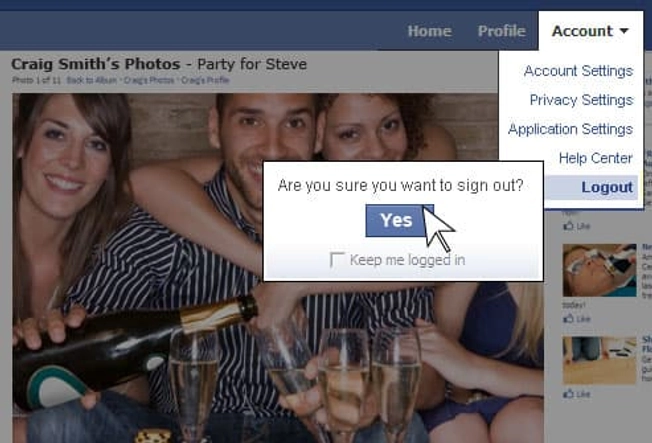
Social Media Fix
Avoid logging in to social media sites while you're working. If you feel compelled to check in every now and then, do it during breaks, when the steady stream of posts won't interrupt your concentration. If you can't resist logging in more frequently, take your laptop someplace where you won't have Internet access for a few hours.

Culprit: Email Overload
There's something about an email -- it shoots into your inbox and itches to be answered immediately. Although many emails are work-related, they still count as distractions from your current project. You won't make much progress if you constantly stop what you're doing to reply to every message.
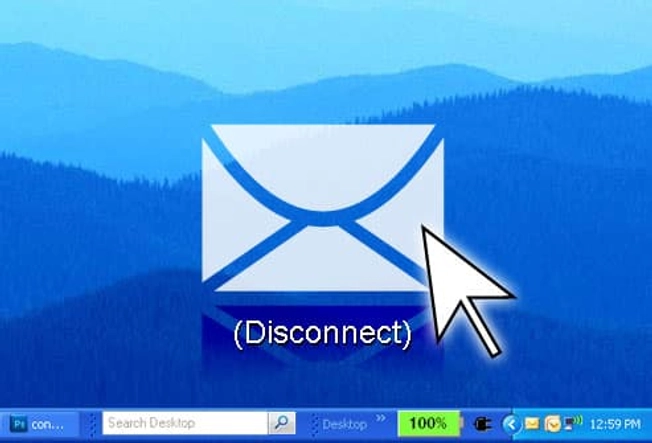
Email Overload Fix
Instead of checking email continuously, set aside specific times for that purpose. During the rest of the day, you can actually shut down your email program. This allows you to carve out blocks of time when you can work uninterrupted.

Culprit: Your Cell Phone
Perhaps even more disruptive than the ping of an email is the ringtone on your cell phone. It's a sound few of us can ignore. But taking a call not only costs you the time you spend talking -- it can also cut off your momentum on the task at hand.
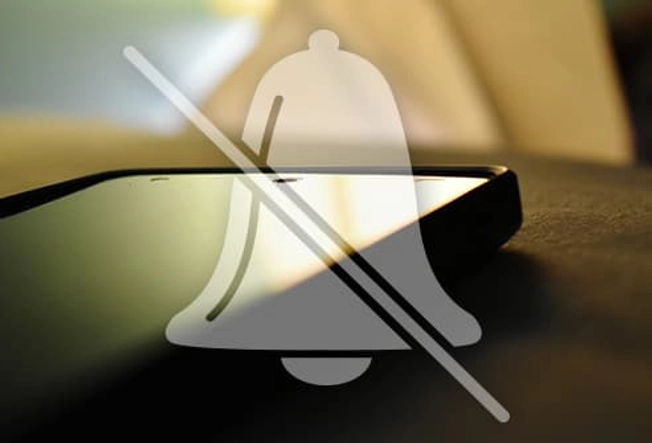
Cell Phone Fix
Put caller ID to good use. If you suspect the call is not urgent, let it go to voicemail. If you're working on a particularly intense project, consider silencing your phone so you're not tempted to answer. Choose specific times to check voicemail. Listening to all your messages at once can be less disruptive than taking every call as it comes in.

Culprit: Multitasking
If you've mastered the art of multitasking, you probably feel you're getting more done in less time. Think again, experts say. Research suggests you lose time whenever you shift your attention from one task to another. The end result is that doing three projects simultaneously usually takes longer than doing them one after the other.
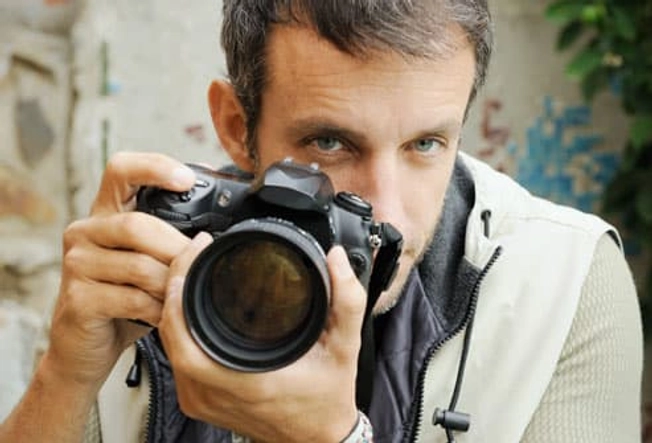
Multitasking Fix
Whenever possible, devote your attention to one project at a time, particularly if you're working on an intense or high-priority task. Save your multitasking skills for chores that are not urgent or demanding -- it probably won't hurt to tidy up your desk while talking on the phone.

Culprit: Boredom
Some of the tasks we have to do each day are more interesting than others. The boring ones may burn through your attention span in minutes, making you extremely vulnerable to distractions. Your phone, the Internet, even the prospect of dusting your workspace can seem tempting if you're bored.

Boredom Fix
Make a deal with yourself: If you stay on task for a certain period of time, you earn a 10-minute break. Reward yourself with coffee, a favorite snack, or a walk outside. Boring tasks are easier to accomplish when you have something to look forward to. This is also one case where multitasking may work well. Listening to the radio while filing receipts could help you stay put long enough to finish the job.

Culprit: Nagging Thoughts
It's hard to focus on the work in front of you if you're worrying about errands you need to run or housework to be done. Or perhaps you're hung up on a conversation you had yesterday, and you keep replaying it in your mind. Nagging thoughts of any sort can be a powerful distraction.
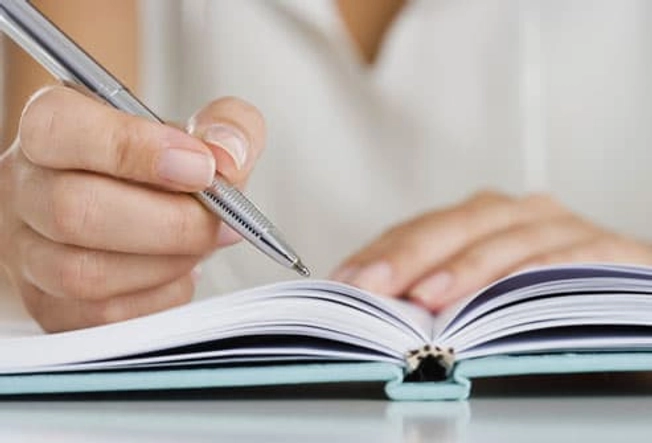
Nagging Thoughts Fix
One way to keep nagging thoughts from buzzing around in your brain is to write them down. Make a list of errands, housework, or other tasks you plan to complete later. Vent frustrations over an unpleasant confrontation in your journal. Once these thoughts are on paper, you may be able to let them go for a while.

Culprit: Stress
When you feel like you have too much on your plate, it can be hard to focus on individual tasks. To make matters worse, stress takes a noticeable toll on the body. You may develop tight shoulders, headaches, or a racing heart, all of which can chip away at your ability to concentrate.

Stress Fix
Learn stress reduction techniques, such as meditation. This can help you rein in stressful thoughts, so they don't demand so much of your attention. In one study, researchers found that people who took an eight-week meditation course improved their ability to focus. If you can't find a meditation class locally, look for one online.

Culprit: Fatigue
Fatigue can make it tough to concentrate, even when you have few distractions. Studies suggest too little sleep can sap your attention span and short-term memory.

Fatigue Fix
Most adults need 7-9 hours of sleep per night. Instead of burning the midnight oil, make sleep a priority. This will help you get more done during your waking hours. Also, pay attention to which times of day you feel most alert. Then you'll know when to schedule your most intense tasks.

Culprit: Hunger
The brain can't focus without fuel, so skipping meals -- especially breakfast -- is a top concentration killer. Research indicates short-term memory and attention suffer when you rise and shine but do not dine.

Hunger Fix
Keep hunger at bay and give your brain a steady source of fuel with these habits:
- Always eat breakfast.
- Eat high-protein snacks (cheese, nuts)
- Skip simple carbs (sweets, white pasta)
- Choose complex carbs (whole grains)

Culprit: Depression
Most people tend to think of sadness as the hallmark of depression. But the National Institute of Mental Health says difficulty concentrating is one of the most common symptoms. If you're having trouble focusing, and you also feel empty, hopeless, or indifferent, you may be experiencing depression.

Depression Fix
If you think you might be depressed, the first step is to talk with a doctor or counselor. Depression is highly treatable. Many studies have shown the effectiveness of antidepressant medications and certain types of talk therapy.

Culprit: Medication
Unfortunately, some of the medications used to treat depression can interfere with concentration. The same is true of many other drugs. Talk to your doctor or pharmacist to check if a medication or supplement you are taking may be affecting your concentration.

Medication Fix
If you suspect your meds are clouding your concentration, don't assume there are no other options. Talk to your doctor about adjusting your dosage or switching to a different class of medication. Do not stop taking your medicine unless your doctor tells you to.

Culprit: ADHD
Attention deficit hyperactivity disorder (ADHD) is not just a problem for children. More than half of kids with ADHD continue to experience symptoms as adults. The classic signs are a short attention span and trouble focusing on tasks.

ADHD Fix
If you have consistent trouble focusing, and you had attention problems as a child, ask a doctor or counselor about ADHD. There are ways to manage the condition, including behavioral therapy and medications.